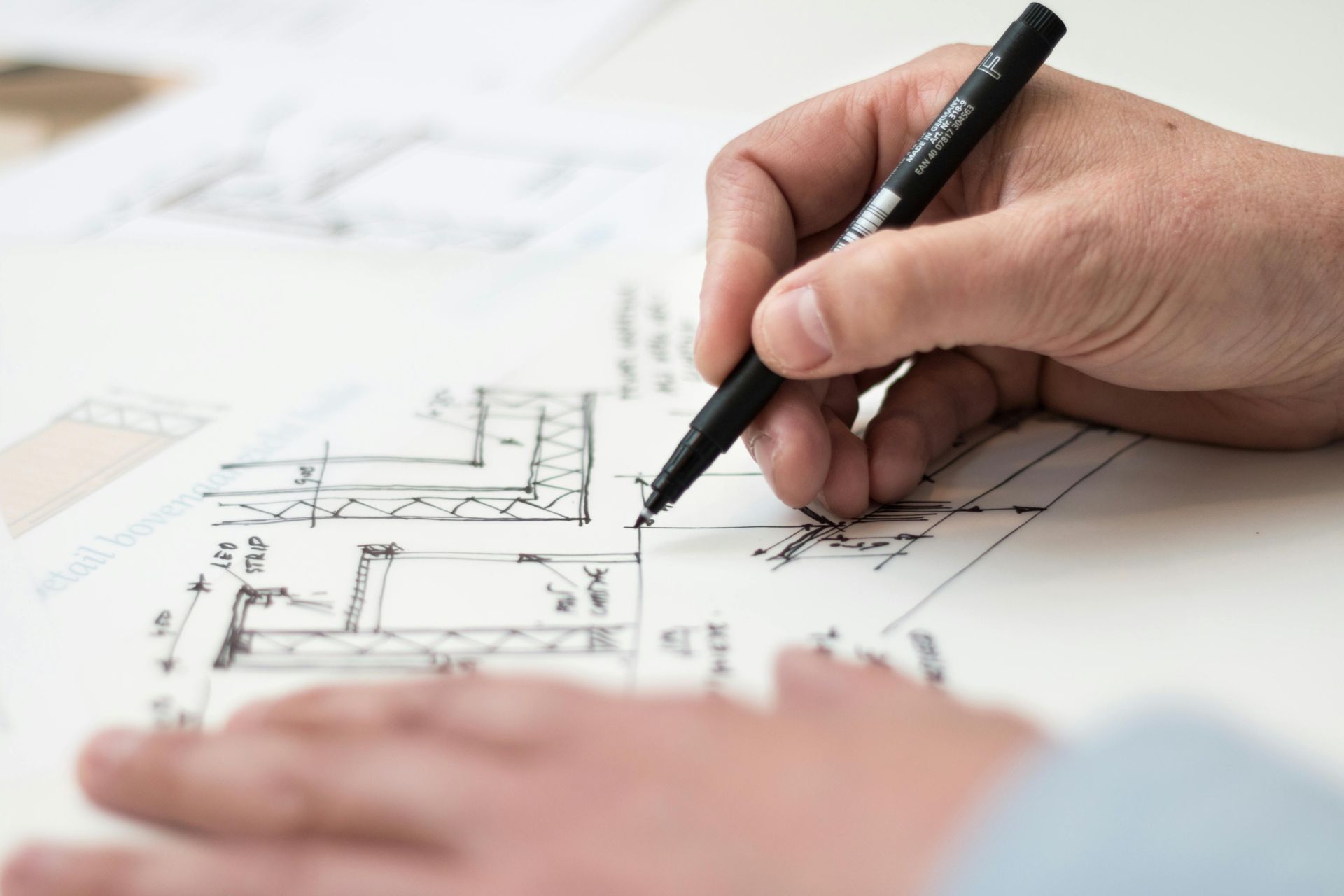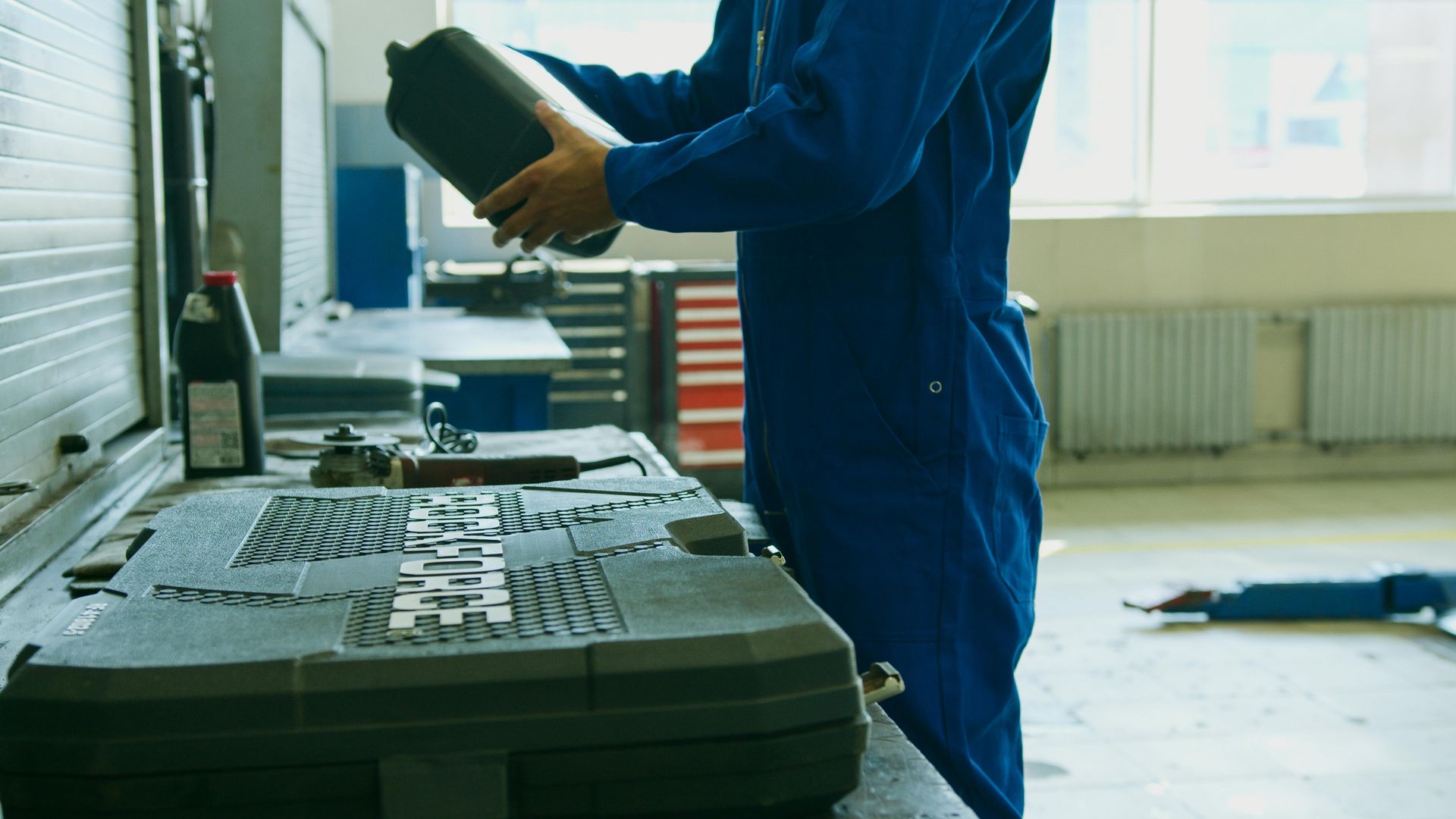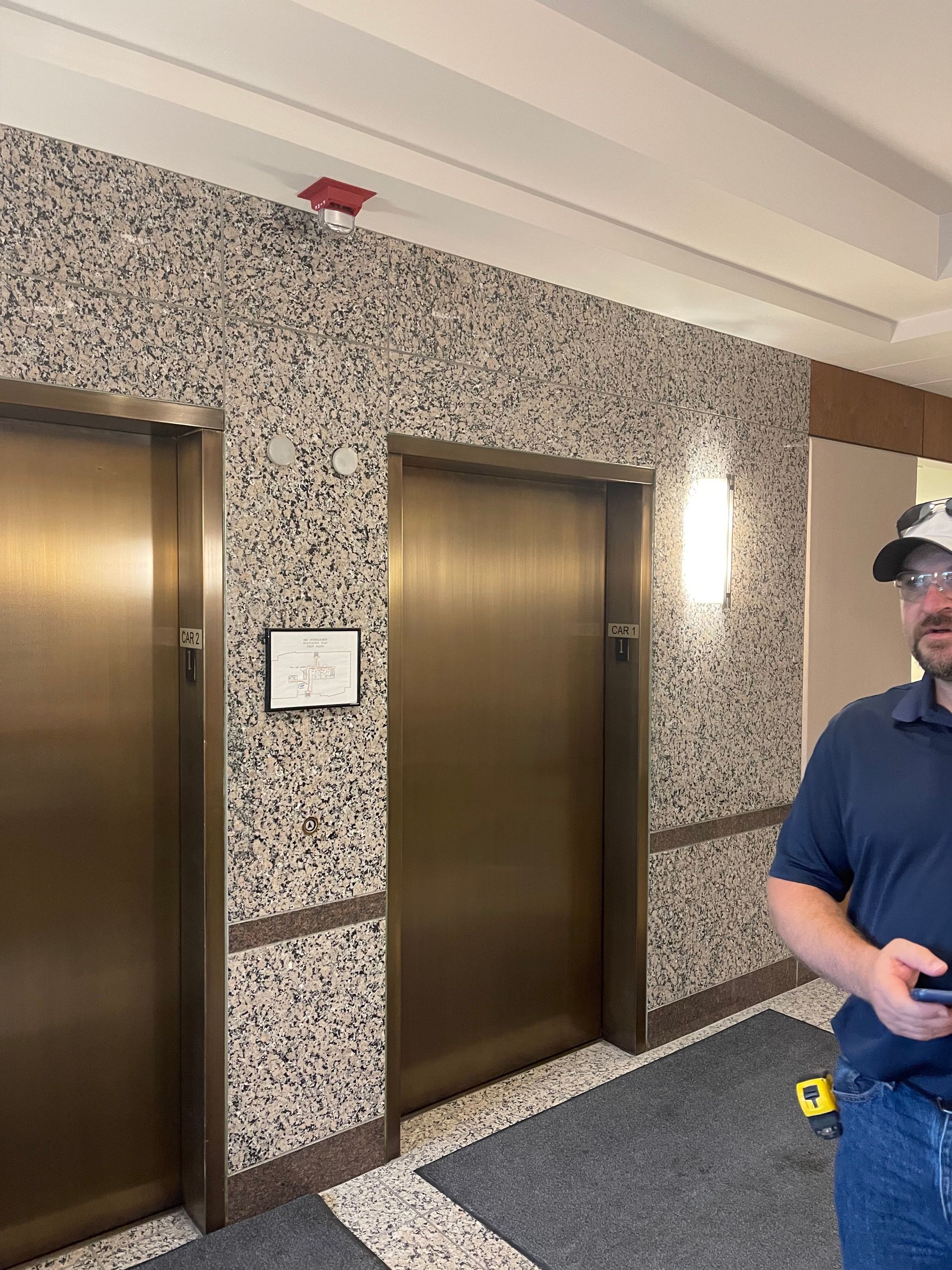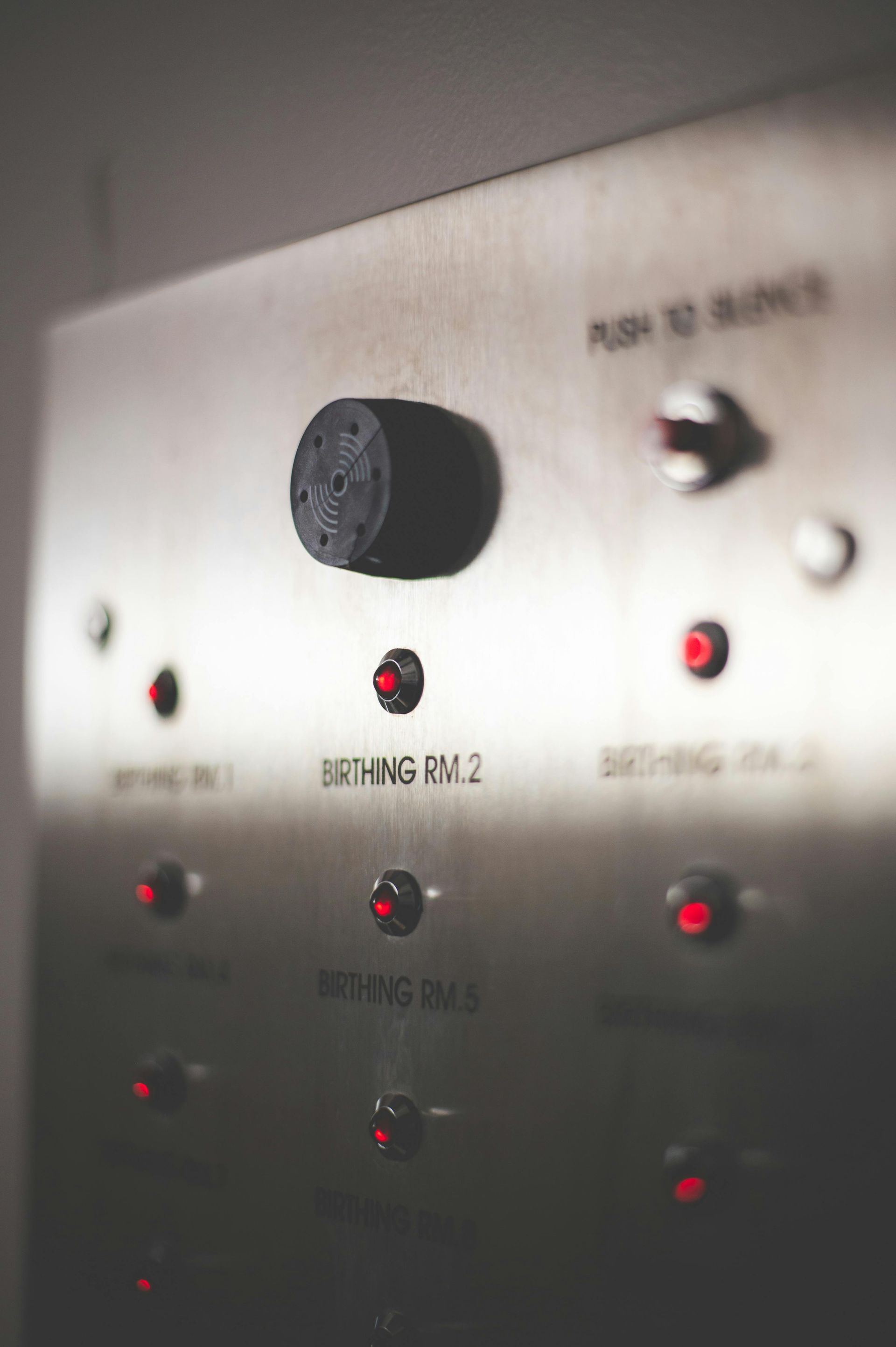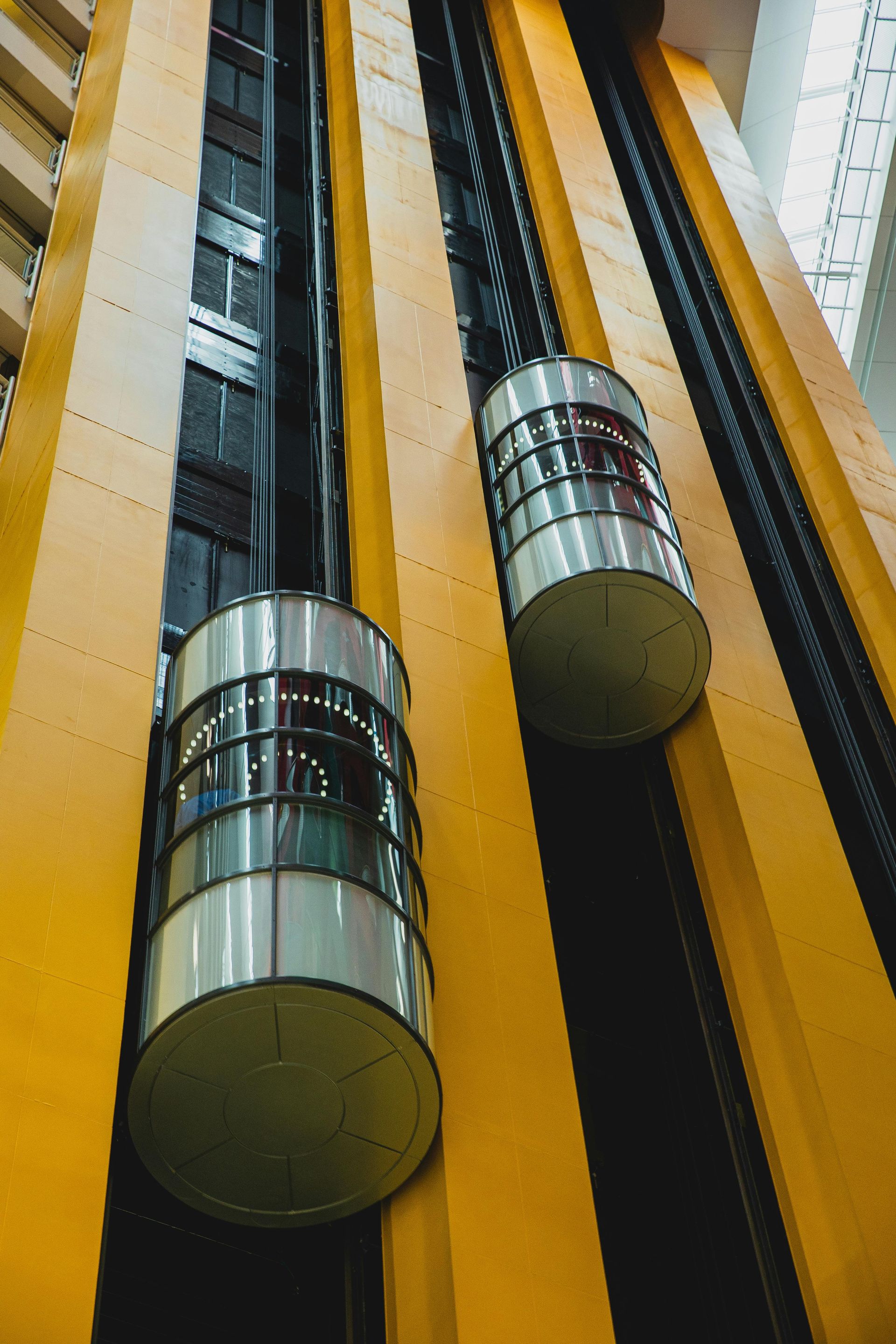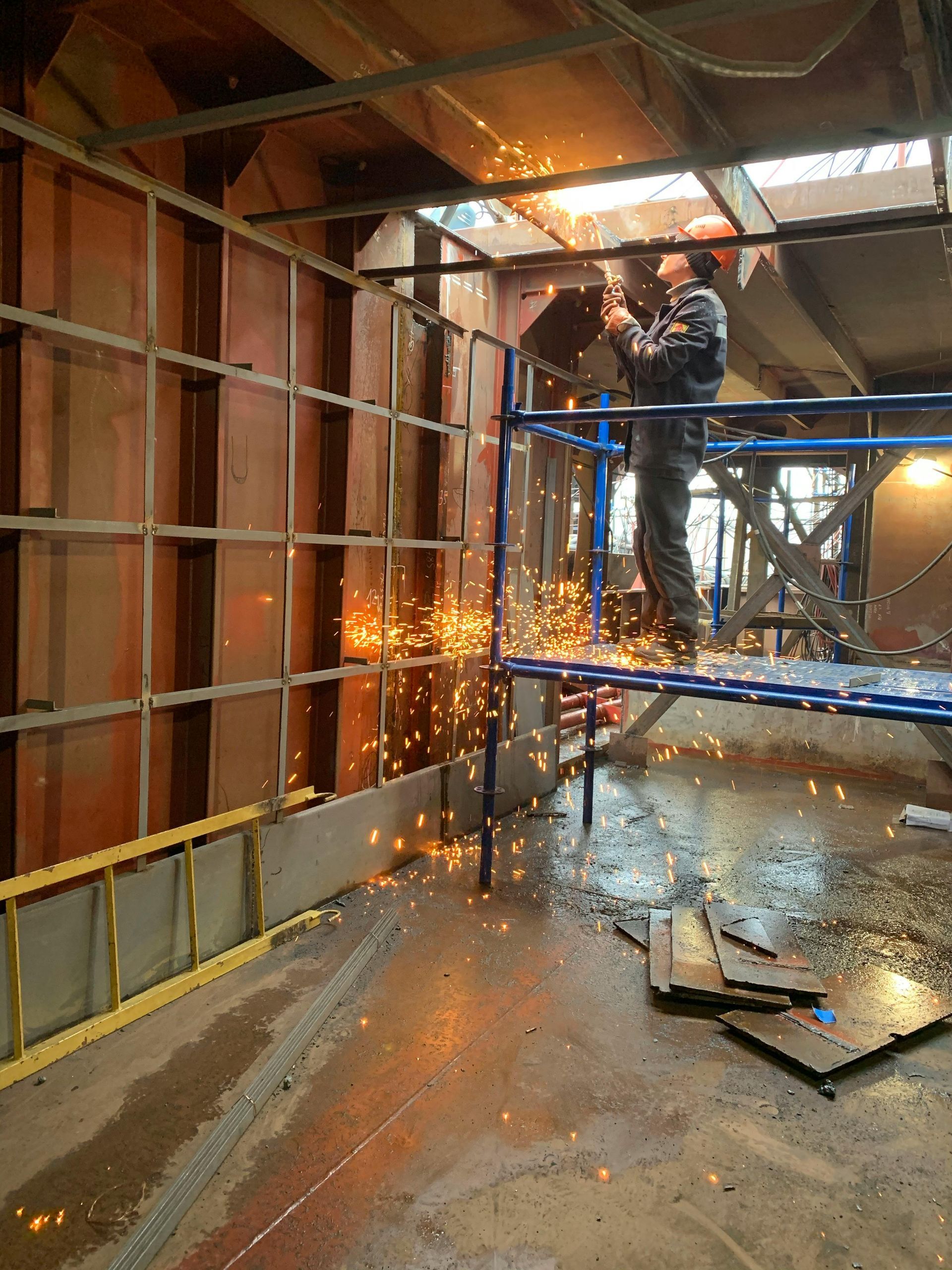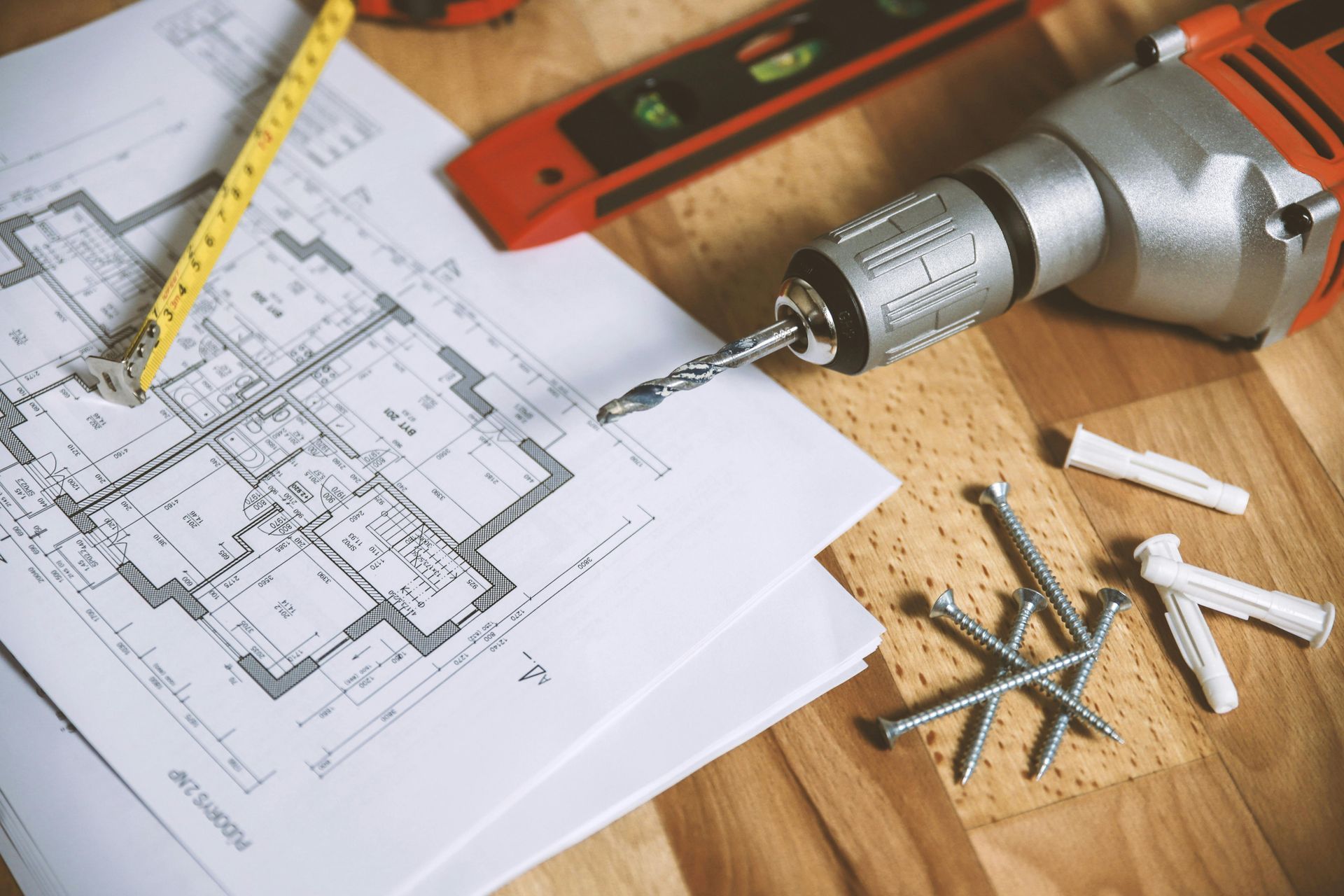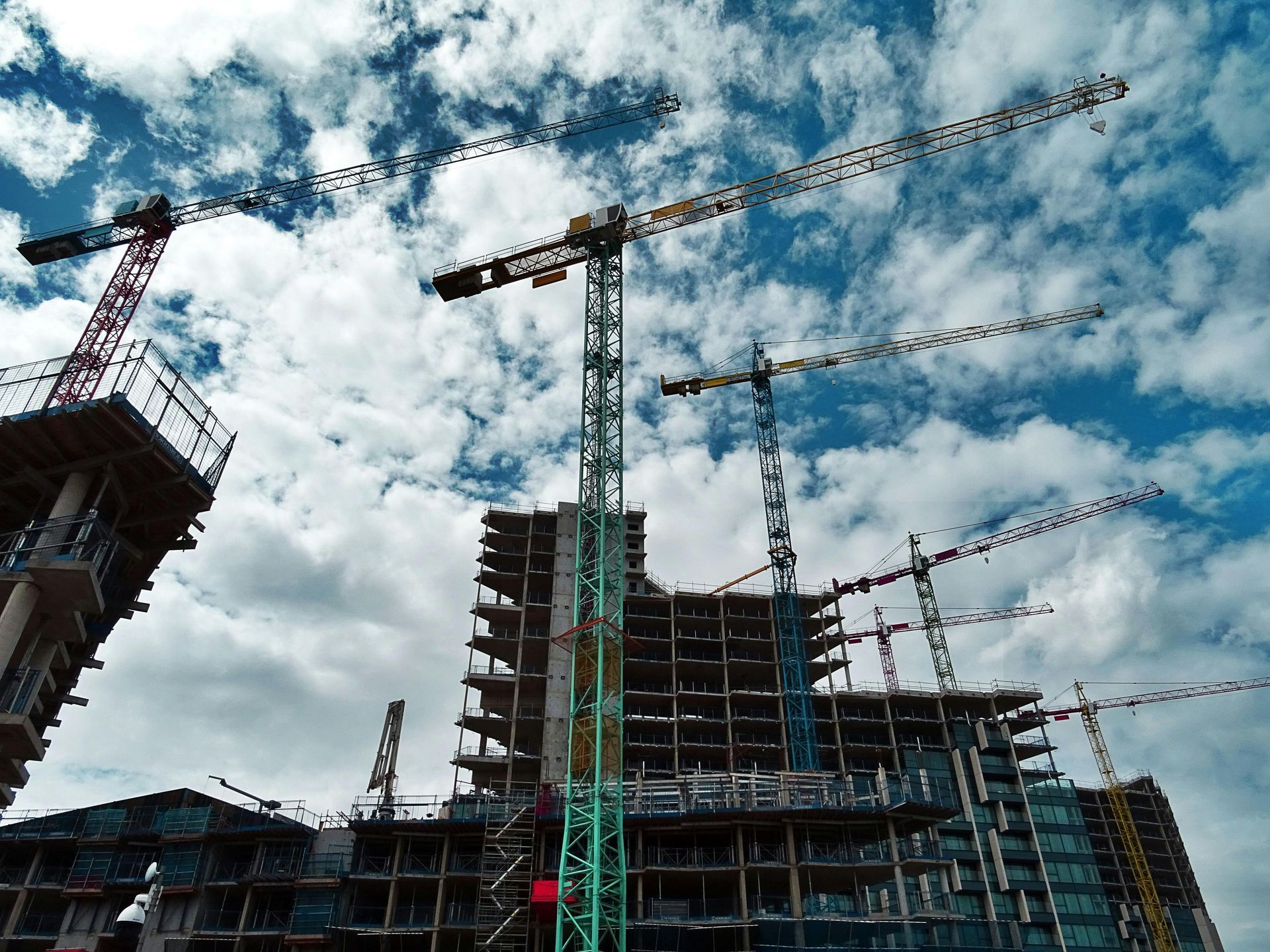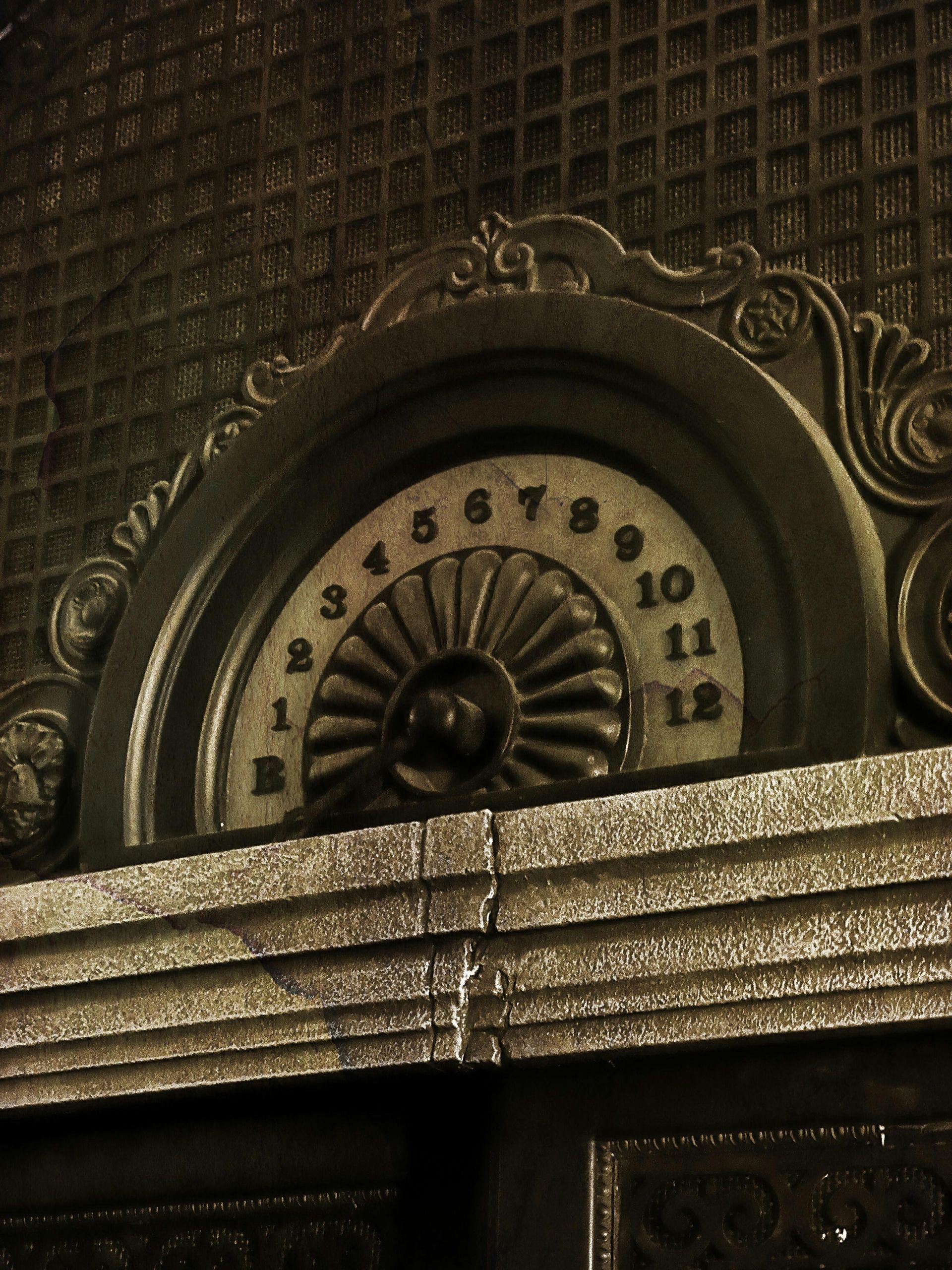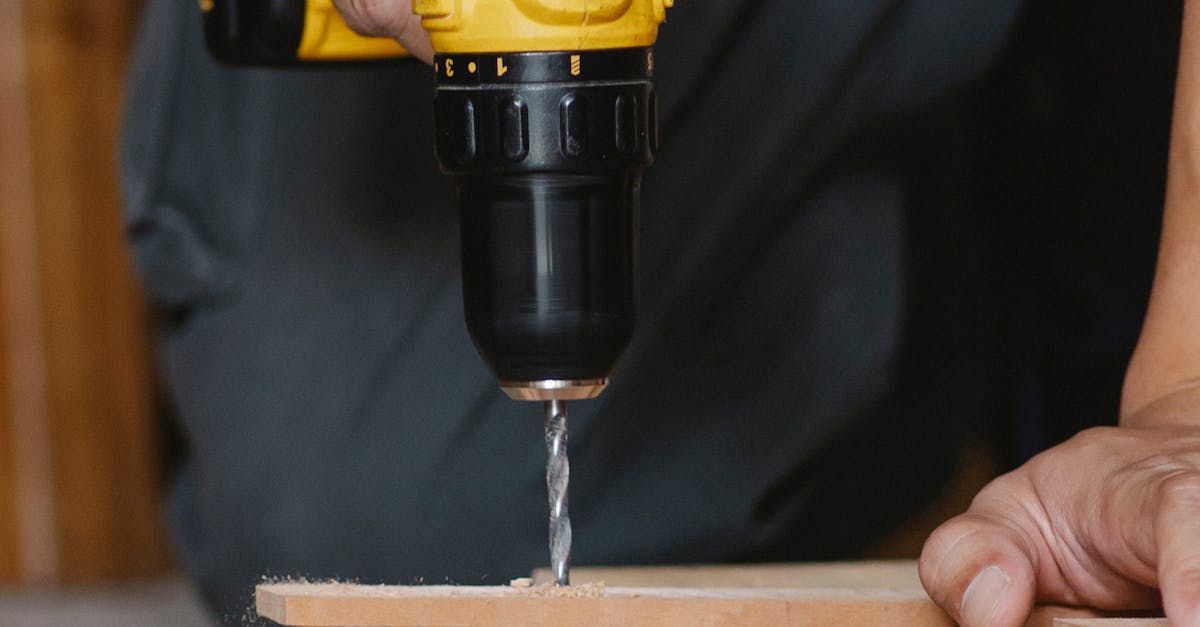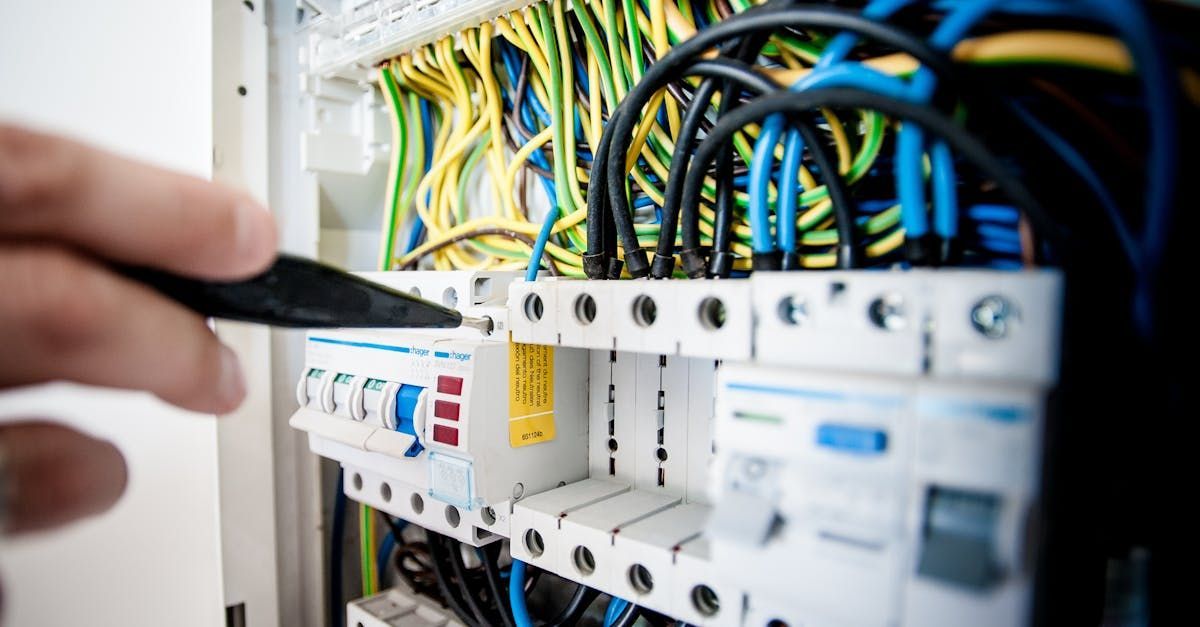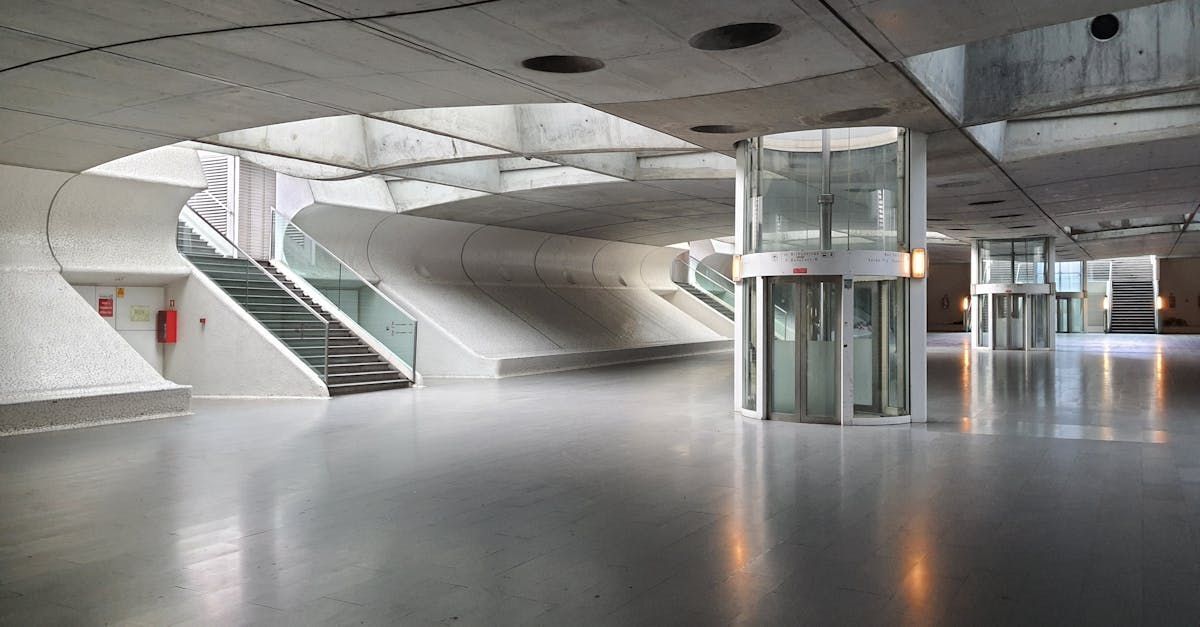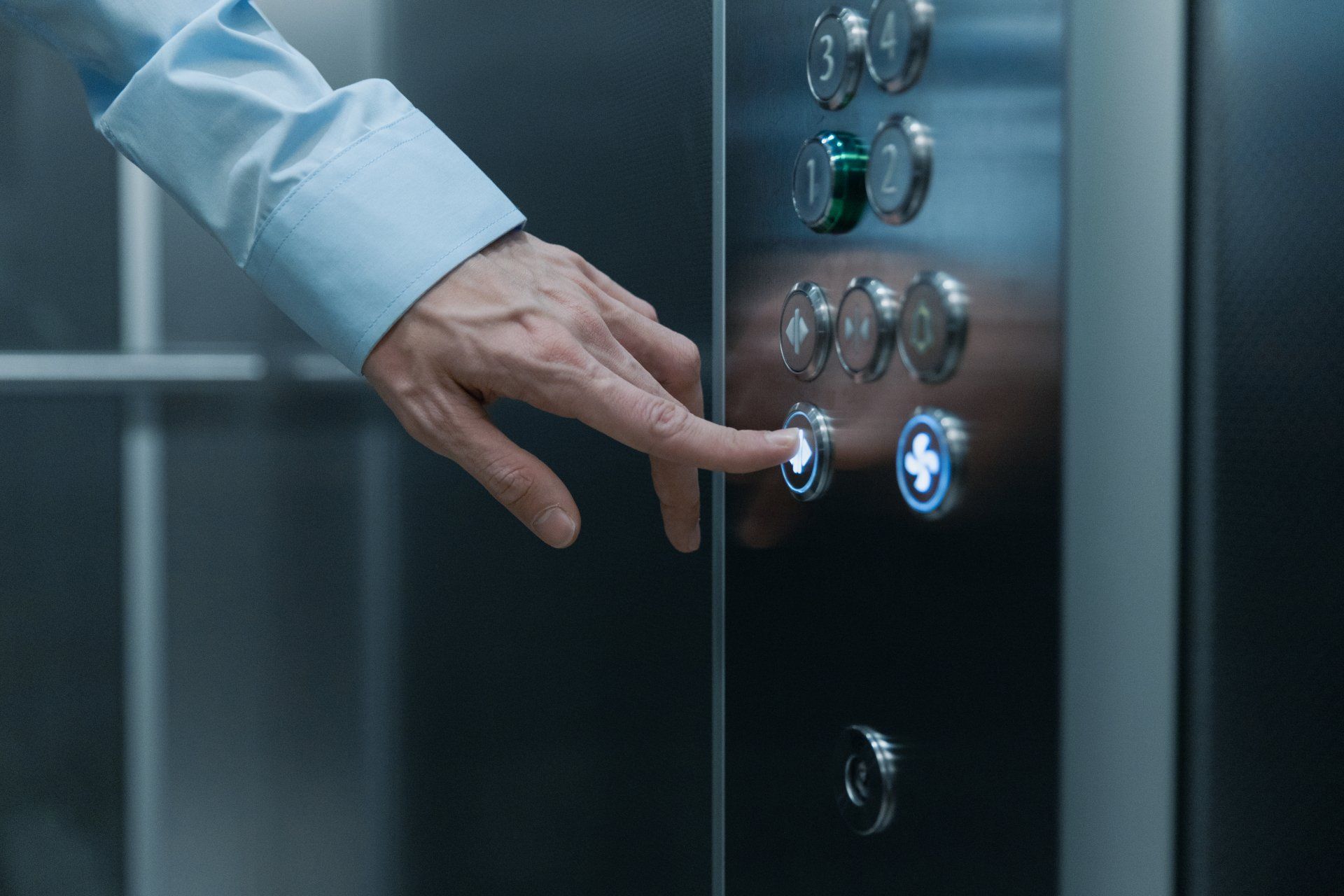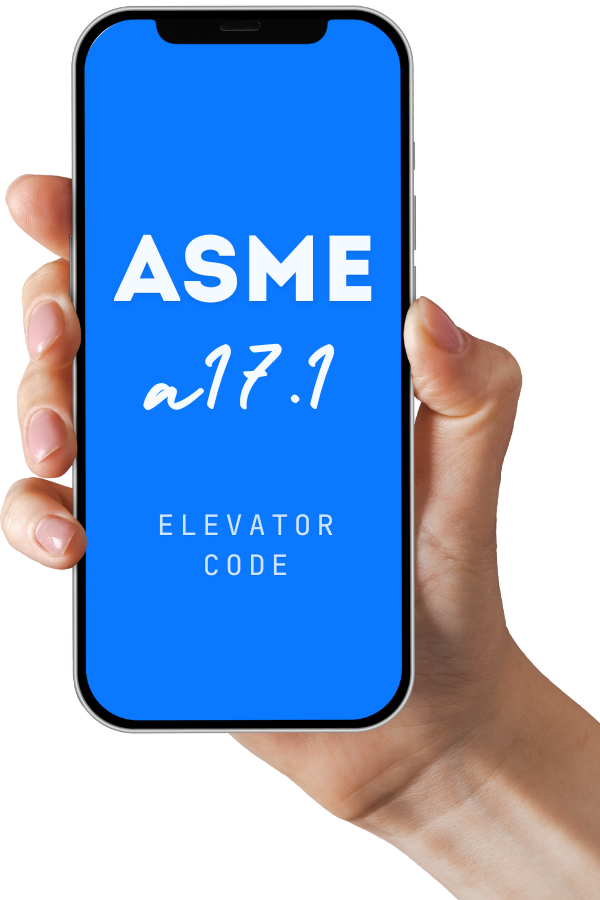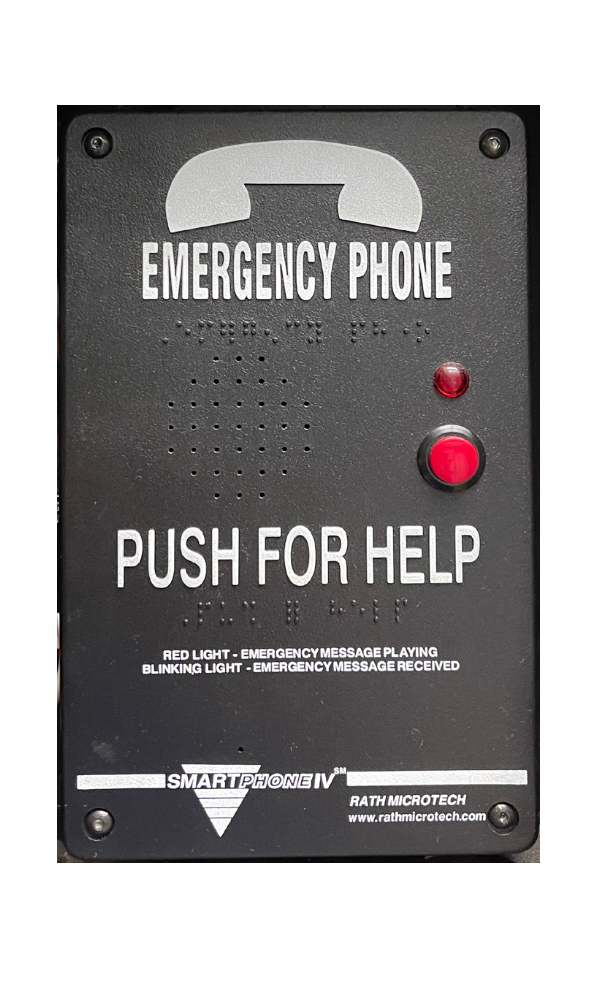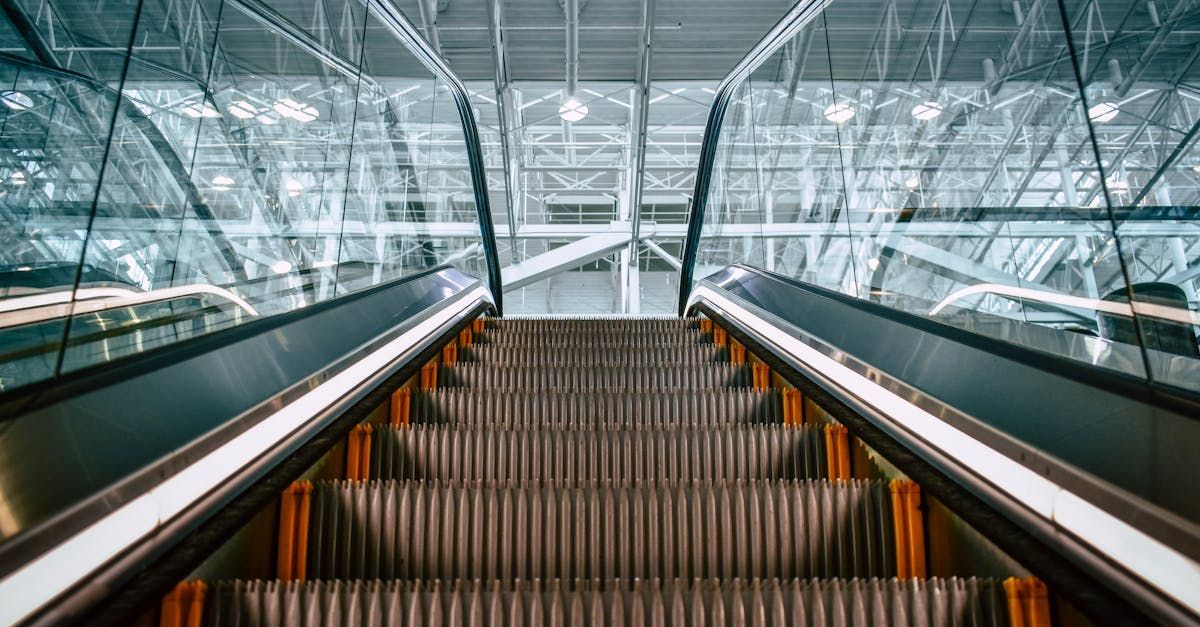Elevator MCP 101: Understanding Elevator Maintenance Control Programs
Key Highlights
- Elevator Maintenance Control Programs (MCPs) are essential for the safe and efficient operation of vertical transportation systems.
- They provide a structured framework for regular inspections, testing, maintenance, and repairs of elevators and escalators.
- MCPs ensure compliance with safety codes and standards, minimizing risks and liabilities for building owners.
- They help extend the lifespan of equipment, optimize performance, and reduce downtime.
- Building owners and managers must understand their role in implementing and maintaining MCPs.
- Introduction
- In any building with vertical transportation systems, safety and efficiency are very important. Following safety rules means keeping good maintenance records. Elevator Maintenance Control Programs (MCPs) help with this. These programs provide clear guidelines to ensure elevators and escalators operate safely and last longer.
The Importance of Elevator Maintenance Control Programs (MCP)
Elevator Maintenance Control Programs (MCP) are very important for keeping elevators safe and working well. It's essential to follow safety rules, keep regular maintenance records, and follow procedures in the Written Maintenance Control Program (WMCP) forms. By using a strong MCP, facility managers and elevator staff can easily track the maintenance of equipment, replacement records, and check-ups. This smart approach helps to make equipment last longer, lowers the number of callbacks, and follows ASME elevator codes. This results in better safety and quality for elevator services.
Defining Elevator MCPs and Their Role in Elevator Safety
An Elevator MCP is a detailed written maintenance control program. It explains the steps for taking care of and checking elevators and escalators in a building. This document acts as a guide for elevator personnel. It helps them with scheduled maintenance tasks, safety checks, and repairs that are needed.
The main job of an Elevator MCP is to follow the safety code. It lists the specific tasks to do, how often to do them, and how to complete them, making sure maintenance practices meet industry standards and rules.
By requiring regular inspections, testing, and preventive maintenance, MCPs help lower the chances of equipment problems, accidents, and safety issues. This helps keep both passengers and technicians safe and healthy.
How Elevator MCPs Enhance Operational Efficiency
A good Elevator MCP does more than keep things safe. It also improves how well everything runs. By following the maintenance procedures given in the MCP, building managers can stop small problems from becoming big issues that could disrupt service and lead to expensive repairs.
The benefits include:
Longer Equipment Life: Regular maintenance from the MCP keeps all parts in great shape. This reduces wear and tear and improves the inherent quality of the equipment's lifespan.
Less Downtime: Early maintenance schedules help find issues before they create sudden breakdowns. This means less downtime and less trouble for people in the building.
In the end, a strong Elevator MCP helps make vertical transportation smoother, more efficient, and cheaper to run.
Key Components of an Effective Elevator MCP
Creating a good Elevator MCP is very important for keeping safety and efficiency high. It is not the same for every building. You need to think about the unique needs and use patterns of the vertical transportation equipment in your building.
A strong Elevator MCP should have a list of all equipment, clear maintenance tasks, how often each task should be done, a way to record completed work, and a plan for fixing unexpected repairs or replacing parts.
Regular Inspection and Testing Procedures
Regular checks and tests are very important for a good Elevator MCP. This means looking closely at all key parts of the elevator system to make sure they work well.
The testing steps in the MCP are more extensive than just looking at things. They often use special tools and methods to check how the elevator works, its safety features, and if it follows safety rules.
By sticking to a regular maintenance schedule and doing detailed inspections and tests, building managers can find and fix problems early. This helps keep elevators safe and running smoothly.
Documentation and Record-Keeping Essentials
Documentation and meticulous record-keeping are integral parts of an effective Elevator MCP. Maintaining comprehensive maintenance records allows for tracking the elevator's service history, identifying recurring issues, and making informed decisions about repairs or replacements.
Accurate documentation also comes in handy during safety inspections and audits, demonstrating compliance with regulations and industry standards.
Here's a simplified representation of how maintenance records can be structured:
- Date
- Maintenance Task
- Technician
- Observations
- Recommendations
Conclusion
In conclusion, Elevator Maintenance Control Programs (MCP) are very important for keeping elevators safe and working well. Regular inspections, testing, and detailed records help make elevators perform better. It is key to have a full MCP that follows the rules and is made for your local area. Ignoring MCP needs can cause serious issues, so regular maintenance checks are crucial. Elevator MCPs are necessary for elevators to function smoothly and safely. This makes them an essential part of managing a building. If you have more questions or need help with your Elevator MCP, contact our experts for support.
Frequently Asked Questions
What constitutes a comprehensive Elevator MCP?
A good and compliant MCP covers clear maintenance steps, testing rules, and record-keeping systems for all vertical transportation equipment. It usually has guidelines from the manufacturer and safety codes that are important. It may also use WMCP forms.
Who is responsible for implementing Elevator MCPs?
The elevator company or maintenance company usually creates the MCP. However, it is the facility managers who are responsible for putting it into action and making sure it is followed. They work closely with the AHJ to guarantee that the equipment maintenance is done correctly.
How often should elevator maintenance checks be scheduled?
Periodic maintenance, or maintenance checks, usually happen based on a few things. These include the equipment age, how often it is used, environmental conditions, and what the manufacturer suggests.
What are the consequences of neglecting Elevator MCP requirements?
Neglecting the elevator MCP requirements can cause safety code problems. It can lead to more callbacks and unexpected downtime of the conveyance system. This can affect how well the escalator works and could mean needing expensive changes later.
Can Elevator MCPs vary by state or local regulations in the United States?
Yes, the main principles stay the same. However, the specific requirements for Elevator MCP can change based on state rules, local rules, and the elevator code in use. Things like machine room access and whether there are hydraulic elevators can also affect the specific needs.



